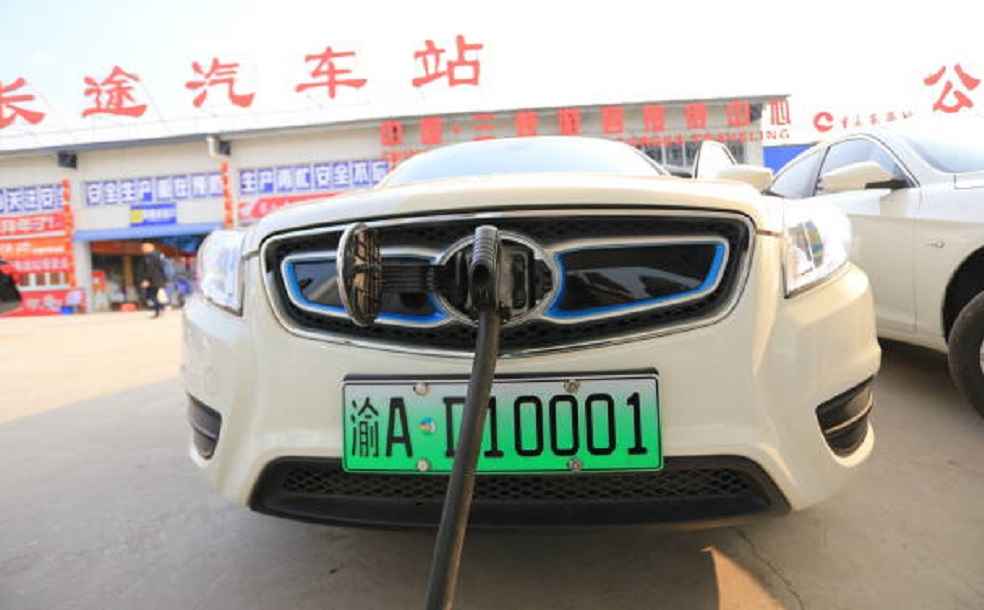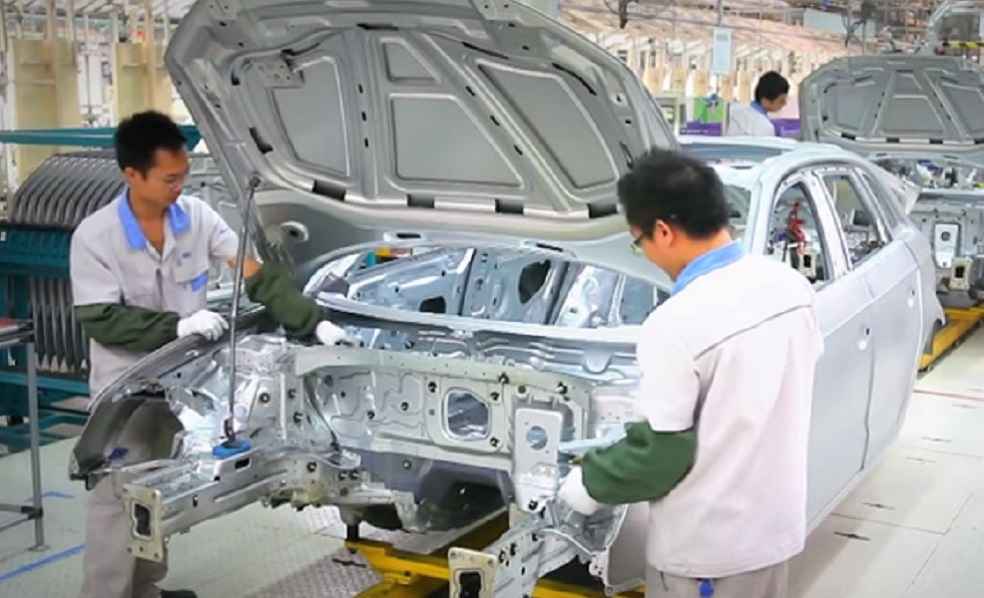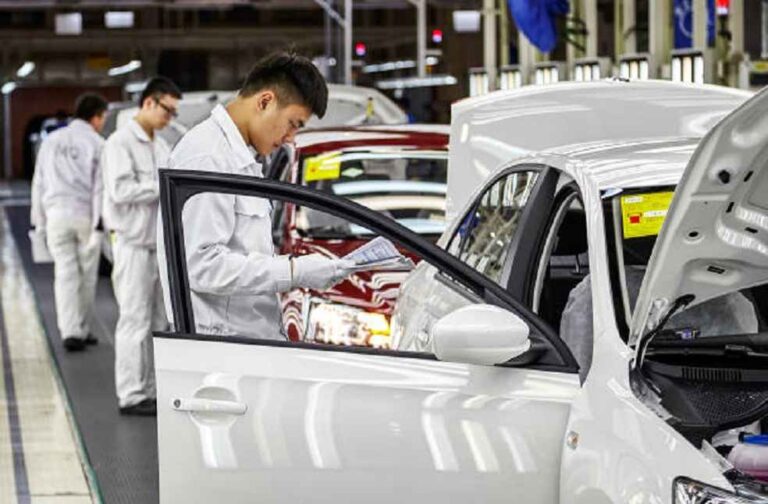China has labeled the European Union (EU) as protectionist following its decision to investigate Chinese electric vehicle (EV) exports and subsidies. The Commerce Ministry of China decried the move as a ‘protectionist’ act with the potential to distort the global supply chain.
On Wednesday, the EU disclosed its intentions to probe government subsidies provided to Chinese automakers, alleging that these subsidies artificially deflate EV prices. After investing billions in subsidies, China has ascended as the premier market for electric vehicles. This substantial investment enabled automakers such as BYD and Geely to rapidly expand their market share post-launch of EV sales in Japan and Europe.
He Yadong, a spokesperson for the Commerce Ministry, underscored during a Beijing briefing that the EU’s impending investigation is a veiled attempt to shield its industry under the pretext of promoting fair competition. “It’s naked protectionist behavior that will seriously disrupt and distort the global automotive industrial chain and supply chain including the European Union, and will have a negative impact on China-EU economic and trade relations,” he declared.

The ministry, in a statement, appealed to the EU to cultivate a “fair, non-discriminatory, and predictable” market environment. In China, the baseline price for a compact SUV EV with a one-charge range of 400 kilometers (250 miles) is a mere 100,000 yuan ($14,500).
Cui Dongshu, the China Passenger Car Association chief, also denounced the investigation, sharing his thoughts on his WeChat social media account. “I personally firmly oppose the EU’s evaluation of China’s new energy vehicle exports, not because it has received huge state subsidies, but because China’s industrial chain is highly competitive,” Cui asserted.
He also highlighted that China terminated new energy subsidies in 2022 and encouraged the EU to adopt an “objective view of the development of China’s electric vehicle industry” rather than resorting to economic and trade instruments to escalate the prices of Chinese electric vehicles in Europe.

This unfolding situation raises alarm bells for the future of the global automotive industry, as protectionist tendencies could result in a segmented market, impeding the worldwide transition to clean energy vehicles. It accentuates the necessity for a measured approach that encourages fair competition while supporting the global progression towards sustainable transportation.
LATEST | China’s Auto Workers Face Turmoil as Price Battles Surge





